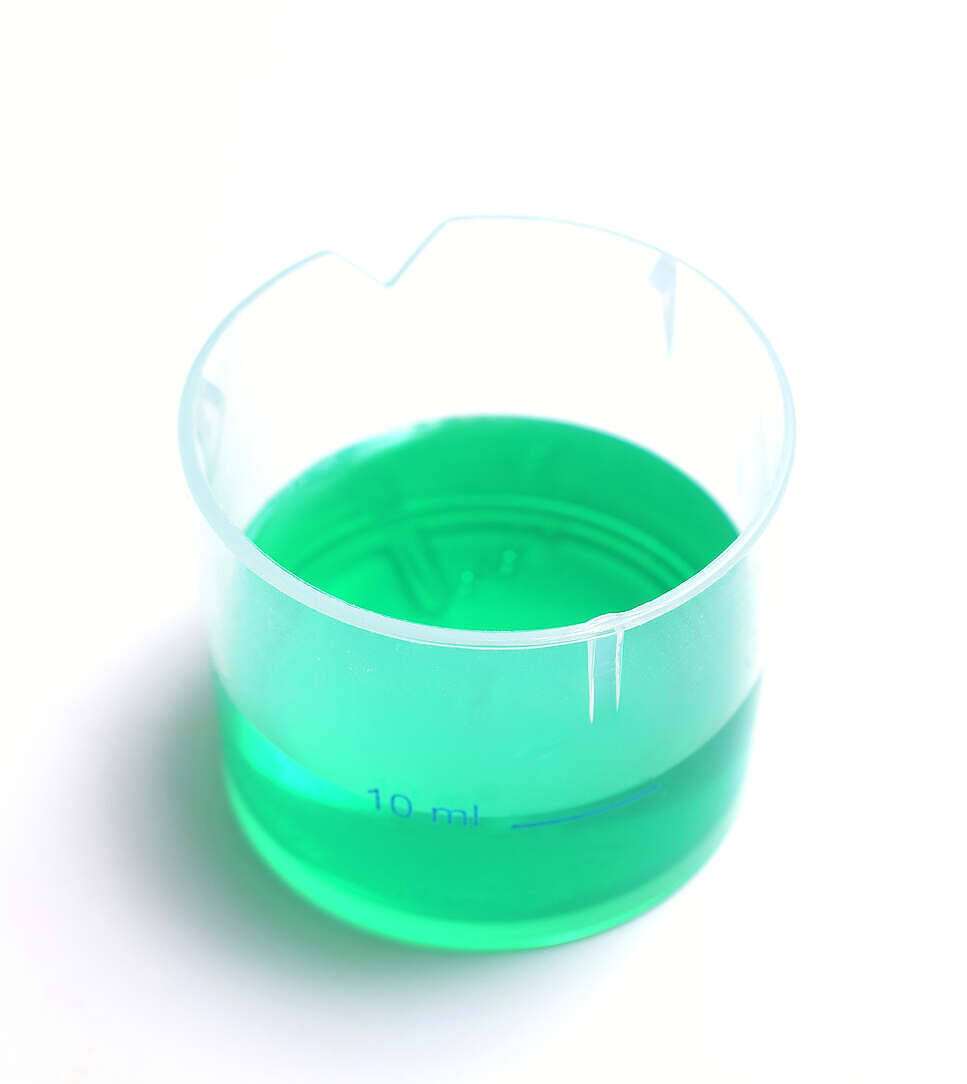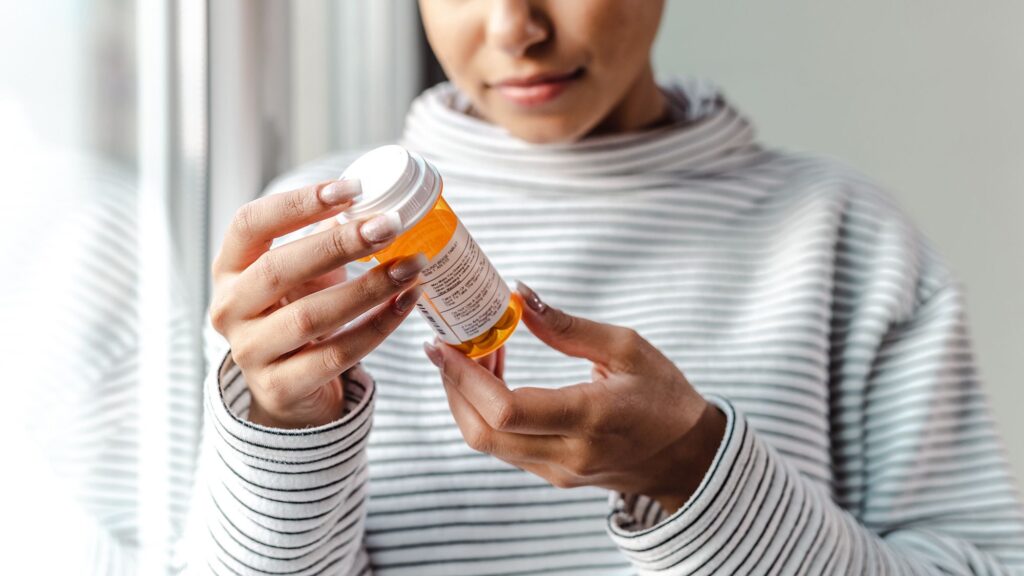Methadone is a synthetic opioid drug. Anyone who’s experiencing addiction or dependence upon opiates can seek methadone treatment.
That’s why it’s so important to have a plan for dealing with withdrawals when you’re starting the process of recovery. We’re going to talk about methadone in this article, discussing why it can be effective in treating addiction and withdrawals.
The information below should be used to determine whether or not you might benefit from a methadone program or a methadone clinic.
What Is Methadone?
So, how does methadone work?
Methadone is an opioid agonist, meaning that it binds to opioid receptors and produces the natural response. It’s often used as a pain medication but has been approved by the Food and Drug Administration to treat opioid addiction and heroin withdrawals.
What does methadone do? In terms of addiction recovery, the use of methadone fits into a program of medication-assisted treatment. Since it’s an opioid, it binds to the same receptors that ignite the cravings associated with heroin and other opioids.
This allows the body to ween through the withdrawal process without exposing the individual to the actual drug to which they were addicted. It might come in the form of liquid, pill, or powder.
The correct dosages and use should be prescribed by a doctor and monitored closely. Straying away from the specifications given by the doctor could lead to dependence upon methadone.
That said, methadone is a safer alternative to the narcotics that it’s substituting for. It doesn’t produce the same sort of euphoria or high that typical opiates do, so it’s very distinct from using one psychoactive drug to get off of another.
Further, it still interacts with an individuals perception of pain. So, you curb withdrawal symptoms and relieve much of the pain that persists through the process.
Withdrawals From Methadone
Some individuals who don’t want to attend treatment might think that finding methadone and using it to treat themselves is a good idea. It’s essential to note that methadone treatments require a fine balance of dosage, frequency, and time of use.
These are factors that should only be decided by a professional. If you try to treat yourself with methadone or misuse it when prescribed, you risk developing a physical addiction.
Because it’s an opioid itself, methadone dependence leads to withdrawals that can be as intense and painful as other opioids.
You could experience flu-like symptoms that persist for a period of weeks or months, depending on the severity. Those symptoms include fatigue, anxiety, nasal congestion, insomnia, vomiting, muscular pain, and depression.
Replacement Therapy Clinics
If you’re looking for a place to get help for your opioid addiction withdrawals, a methadone clinic or treatment centre can offer you help. These are places where you can go to be monitored and helped through the process of withdrawal.
Further, a professional can give you medication-assisted therapy that curbs withdrawal symptoms with the help of methadone. When you go through this process, you’re getting what’s called “replacement therapy” because you’re replacing your abused drug with methadone.
It’s important to note that methadone is synthesized to protect the individual from the effects that normal painkillers offer. For example, euphoria and other psychoactive effects are not present.
When you work through the process, you can be expected to see several positive results. You should be able to reduce your cravings for the opioid you’re addicted to.
The symptoms of withdrawal, as we’ve stated, will be reduced or eliminated. Further, the physical desire to use the abused drug should be gone, too. It’s important to distinguish between physical and mental cravings, though.
The mental desire and associations with your drug of choice can remain even if you complete successful medication-assisted treatment.
Who Should Seek Methadone Treatment?
Anyone who’s experiencing addiction or dependence upon opioids or related drugs can seek methadone treatment. If you’re curious about how to get on methadone or thinking, “where can I get methadone” you can speak with your doctor or contact a treatment centre in your area.
Note that there are a lot of individuals who develop addictions to opioids. These are drugs that get prescribed to individuals in every walk of life when they’re experiencing pain. Surgeries, injuries, and chronic illnesses happen to everybody, and many people with those issues are prescribed strong opioids to treat their pain.
Every person is just as likely as the next to get addicted to these drugs as well. Abusing a methadone prescription you’re given is one quick way to get addicted. That said, everyone’s bodies are different.
Even if you follow your prescription to the letter, your biology might be prone to get an addiction. In those cases, you’ve done everything right, and you’re still experiencing deep cravings and withdrawals without the painkiller.
All of this is to say that there shouldn’t be any stigma attached to getting treatment. There’s no shame involved in treating an issue that you’re experiencing, so there shouldn’t be any hesitation to get help through methadone if you need it.
How To Get On a Methadone Program

When you come to a methadone clinic, you’ll be assessed on many factors. Your personal history, addiction history, and medical history will all be examined.
Those things will be looked over before you’re ever given methadone. It may be a day or two before you’re able to come back into the centre and start getting treatment. This is because everyone requires a unique treatment plan.
Your addiction is unique from someone else’s. It’s important to plan out the right combination of treatment methods, understand dosages, and have a clear course of action for the span of your treatment.
As you go through the process, you might find that the treatment adjusts based on how well you’re doing. Some people take a lot longer than others to complete a successful treatment, and that’s okay.
Again, everyone’s personal history and biology are different, so there are different time frames to work with. The existence of psychological issues or environmental problems will also impact the method of treatment.
When there’s a mental illness or another addiction present, a person has “co-occurring disorders.” These can be tough to treat as well.
All of these moving parts make it necessary, in most cases, to incorporate multiple treatment methods to address the individual.
Methadone Doesn’t Cure Addiction
While methadone effectively treats the symptoms of opioid withdrawal, it’s not to be confused with a cure for addiction. There are still a number of difficult factors to deal with.
Depending on the person, mental illness might be at the root of the addiction. Traumatic experiences might have led a person to find comfort in the use of opioids. Friends and family might continue to use as the individual seeks treatment.
Further, the mental habits and associations connected to the illness aren’t likely to leave after withdrawal symptoms leave. All of these factors make it important to have counselling and preparation for re-entry into normal life.
Finding out how to get into a methadone program is a big step in the right direction, but situating the right psychological treatment methods for yourself is just as important.
When you have counselling and professional help in other areas, you can get in touch with the resources you need to recover. You’ll be able to start chipping away at the mental aspects of addiction.
You’ll also be able to plan ways that you can address triggers and environmental issues when you get out of treatment.
Tips for Handling Recovery
Let’s take a look at some of the things you’ll have to watch out for when you’re going through the process of recovery. After the methadone treatment has run its course, it’s time to start handling the challenges that come after.
Once you’ve gotten the hang of it, sober living can be a breeze. That said, dealing with certain things head-on is a requisite for getting to that point.
1. Identify Your Triggers
Triggers are things that spur your interest in using drugs again or send you right into a craving. They might also be moments that are hard on your psychology, making you want to resort to drug use to feel comfortable again.
It’s impossible to know all of your triggers before they start happening. That said, you can do a pretty good job covering the bases in your head. In other words, you can get a feel for the general situations or interactions that might be triggering for you.
Please do your best to identify these honestly to yourself and write them down somewhere. Sometimes, acknowledging and writing out these things can help to demystify them.
Think about people, places, music, or activities that might cause you to consider relapsing.
2. Create a Plan for Triggers
Once you’re aware of what your main triggers might be, it’s time to flesh out how you’ll deal with them.
Triggers are inevitable. You may not be aware of them while you’re experiencing an addiction, but triggers are the reason that you’re moved to use drugs each time.
There might be a time of day that you’re used to taking drugs at. There might be a thought you have that always leads you toward the drug. These are the sources of cravings, and they have a knack for situating themselves in your head.
When you’re sober, you have the upper hand on them. You recognize them for what they are, and part of that requires giving them their due respect. They’re powerful.
A plan is necessary. Your plan should be crafted with a professional and unique to you. That said, you can start thinking about methods now.
Figure out ways to excuse yourself in a manner that you’re comfortable with. Identify safe places that you can go to be free of triggers or anyone who could provide you with drugs.
Even consider keeping a list of your priorities on you at all times. Write out why you got sober, how hard it was to get this far, and what you’d risk if you relapsed.
These things can serve as a good defence mechanism against the occasional trigger.
3. Make Sacrifices Early
Difficult as it can be, sobriety requires that we craft our lives in a way that helps us stay clean.
In many cases, that means shifting things away from the way you’ve always done them. Places that you’ve spent a lot of time, people you consider friends, and activities you associate with drugs might have to go.
You know in your gut when something sits a little too close to a relapse. Maybe you’ve got a softball league that your coworkers all participate in. They drink at all of the games, and you’re not sure if it’d be too tempting to have one or two.
Your old friend from school still uses drugs, but he knows about your sobriety. You know him, though, and he’d be willing to offer you something if you asked for it.
You enjoy taking the scenic route to work. You realize that you took this route in the first place because your dealer’s house is right en route.
These are all situations that someone with a clear grasp on their sobriety might be able to handle. When you’re freshly sober, though, you don’t know how you’ll handle those things.
It’s okay to set clear boundaries about what you can and cannot do. Your health depends upon those boundaries, and someone who disrespects them doesn’t understand what you’re going through.
So, take the time to create rules for yourself and follow them. If you do those things, sobriety will become a little easier for you as you’re starting out.
Are You in Need of A Methadone Clinic?
Methadone is an excellent way to start your recovery journey. All you have to do is take the first step and contact a professional to explore your options. We’re here to help you do just that.
Contact us for more insight into recovery, treatment options, methadone, and more.


